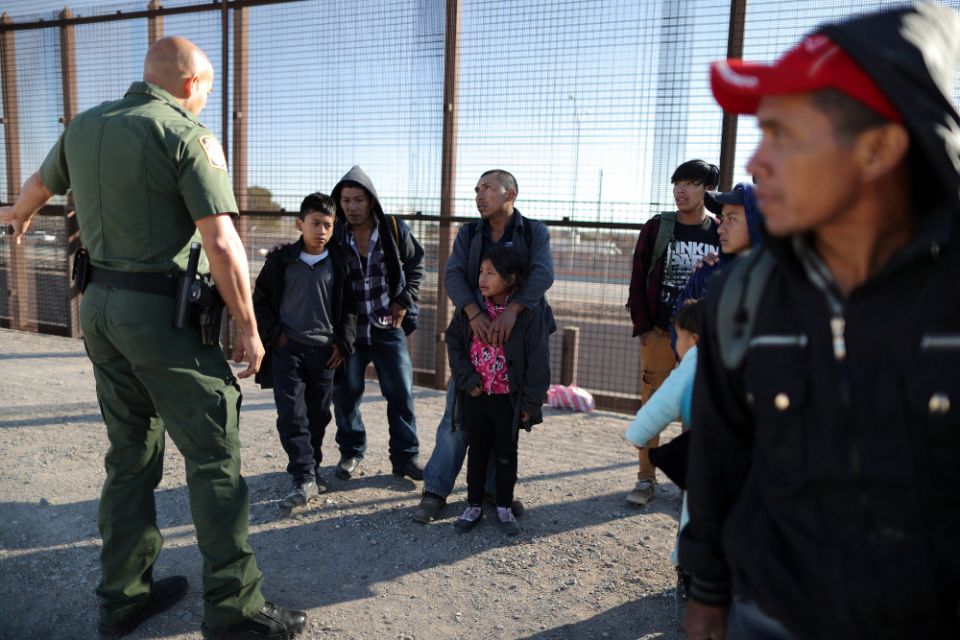Catholic immigration advocates raised concerns about a proposal from President Donald Trump that would reshape U.S. immigration policy to incorporate a “merit-based” system that prioritizes high-skilled workers over those with family already in the country.
Advocates’ concerns about the Trump plan, announced May 16 at the White House, focused on family unification, strengthening the asylum system and the importance of welcoming people of diverse economic backgrounds and skills.
Saying they appreciate Trump’s willingness to address “problems in our immigration system,” two U.S. Conference of Catholic Bishops leaders said they opposed any plans that “seek to curtail family-based immigration and create a largely ‘merit-based’ immigration system.”
“Families are the foundation of our faith, our society, our history and our immigration system,” Cardinal Daniel DiNardo of Galveston-Houston, bishops’ conference president, and Bishop Joe Vásquez of Austin, Texas, chairman of the bishop’s Committee on Migration, said in a May 17 statement.
The leaders said they were troubled that the president’s proposal failed to address young undocumented immigrants who were brought to the U.S. as children, known as “Dreamers,” as well as temporary protected status holders from several troubled countries.
Kevin Appleby, a longtime immigration advocate who formerly worked at the bishops’ conference, told Catholic News Service that there was little in the president’s plan “from a Catholic perspective to support.”
“Substantively, it cuts against Catholic teaching. It weakens immigrant families by reducing family visas, and it removes asylum protection for unaccompanied children and families at the border,” Appleby said. “The administration could increase merit-based visas without sacrificing other parts of the legal immigration system,” he said. “This is really also an attack on families. They want to remove the ability of family members moving forward.”
